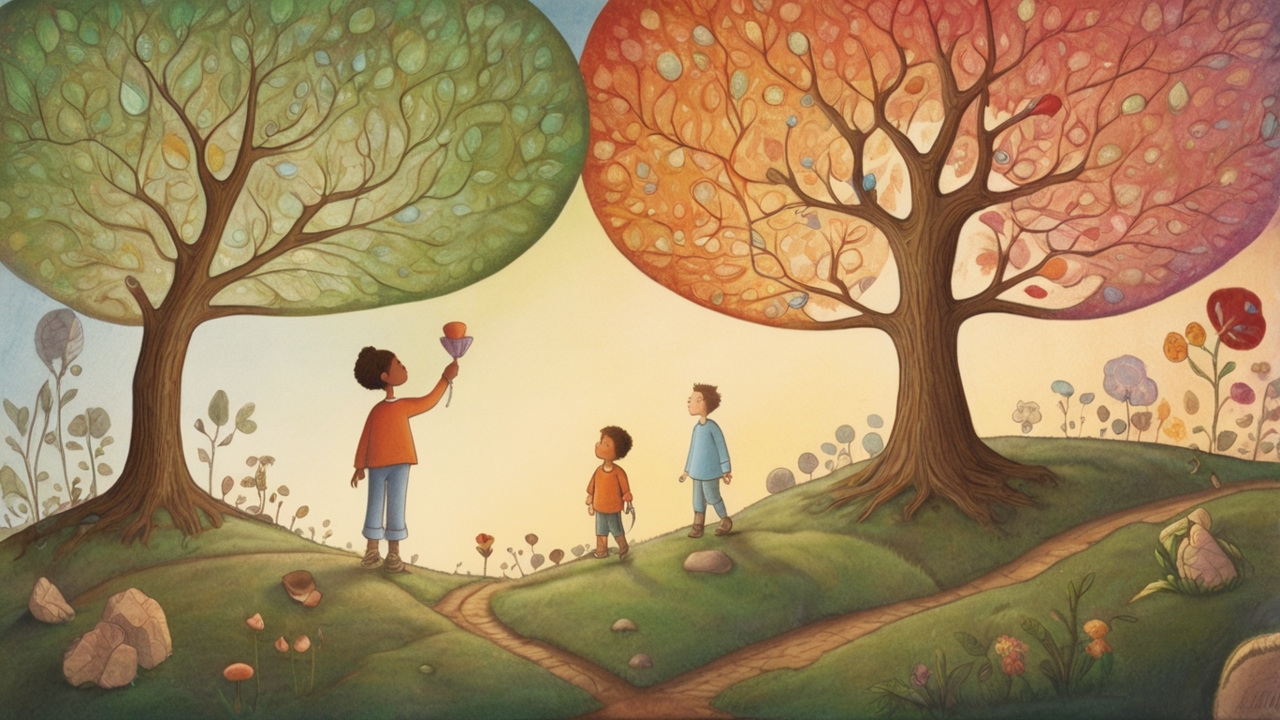Round Rock Journal – Cultivating Moral Imagination has become increasingly essential in a world filled with quick judgments and widening emotional distance. Because many of our conflicts grow from misunderstanding and limited perspective, moral imagination allows us to envision the experiences of others before reacting. As I reflect on how fast information moves today, I notice that empathy often struggles to keep up. Therefore, strengthening this ability is not just a personal practice but a social responsibility that affects how we relate, communicate, and make ethical choices.
“Read also: In Your Head, You Count Every Day’: Former October 7 Hostage Reflects on Two Years in Captivity“
Understanding Moral Imagination as a Living Skill
Although the term sounds philosophical, moral imagination simply means envisioning how our actions impact others while imagining their emotional reality. Unlike abstract moral rules, this skill involves creativity, emotional intelligence, and perspective-taking. Moreover, it invites us to stretch beyond our biases to consider alternative outcomes. Personally, I find this especially valuable because it encourages a gentle pause an inner moment where we allow humanity to guide reasoning rather than impulse.
The Role of Storytelling in Expanding Empathy
One of the most powerful tools for cultivating moral imagination is storytelling. Stories help us inhabit the perspectives of people we may never meet in real life. Additionally, narratives allow us to feel emotions that facts alone cannot deliver. When I think back to the stories that shaped my values, I realize how many moral decisions were influenced by characters I admired. This emotional immersion becomes a bridge that connects our experience with someone else’s inner world.
Perspective-Shifting Exercises That Strengthen This Ability
Practical exercises can help deepen our empathy. For instance, writing a journal entry from someone else’s viewpoint forces us to consider emotions we might normally overlook. Similarly, imagining how a conflict looks from three different perspectives reveals hidden motivations. Because these practices demand mental flexibility, they slowly break rigid thinking patterns. I often use these exercises when evaluating decisions, and they consistently soften my responses while expanding my understanding.
Mindfulness as a Foundation for Moral Imagination
Mindfulness cultivates the mental spaciousness needed for empathy. Through steady breathing and quiet awareness, we learn to observe emotions rather than immediately react. This pause becomes fertile ground for new insights. Furthermore, mindfulness helps reduce defensiveness, making it easier to imagine someone else’s perspective with clarity. In my experience, pairing mindfulness with reflective practices makes moral imagination feel less abstract and more like a lived habit.
Role-Playing Scenarios That Build Emotional Insight
Structured role-playing is another effective method for Cultivating Moral Imagination. When we temporarily embody someone different whether a friend, a stranger, or even an imagined character we experience emotional contrast firsthand. This technique is often used in therapy and conflict resolution because it deepens emotional recognition. Even simple exercises, like switching roles during a disagreement, can uncover compassion. I’ve found that this approach often dissolves tension faster than debate.
“Read more: A Childhood Dream Woven into Couture Legacy“
Using Empathy Mapping to Visualize Emotional Landscapes
Empathy mapping offers a visual method for understanding others. By listing what a person might think, feel, fear, and desire, we create a more holistic portrait of their inner world. Because this exercise is structured, it works well for those who find emotional reflection challenging. Additionally, empathy mapping reveals gaps between what someone expresses and what they experience internally. Whenever I use it, I am reminded that people often hide their greatest struggles beneath silence.
Daily Practices That Sustain Moral Growth Over Time
Sustaining moral imagination requires consistent practice. Simple habits such as asking “What else could be true?” or “How might this person be hurting?” build an inner culture of compassion. Furthermore, seeking diverse conversations and consuming art from different cultures expands emotional horizons. Over time, these practices gently reshape how we interpret human behavior. I believe that moral imagination grows strongest not in grand gestures but in the quiet decisions we make every day.
How Cultivating Moral Imagination Transforms Relationships
When we strengthen our moral imagination, our relationships naturally shift. Conflicts become less confrontational, misunderstandings dissolve faster, and emotional intimacy deepens. Because empathy guides our reactions, we respond with curiosity rather than judgment. I’ve seen firsthand how this changes friendships, family dynamics, and even professional spaces. Ultimately, cultivating this skill invites us to become moral agents who bring healing rather than harm.


